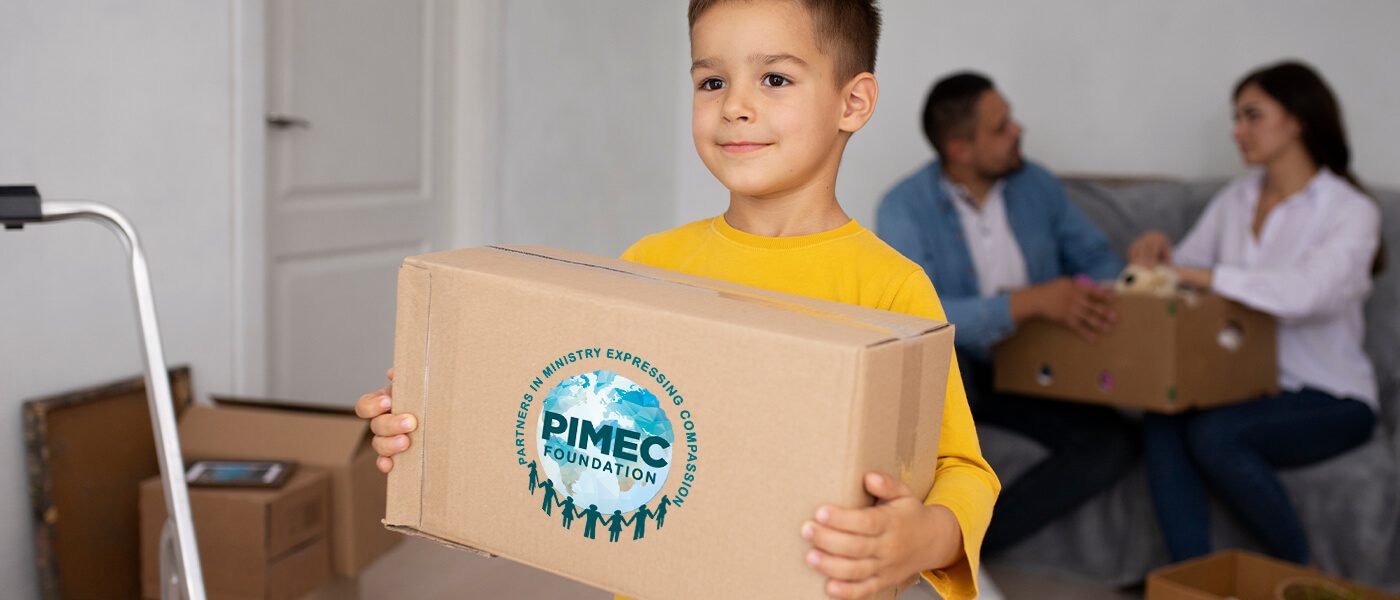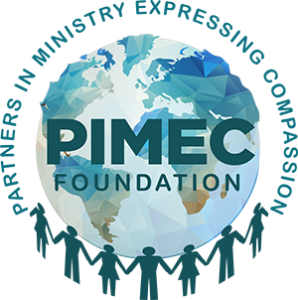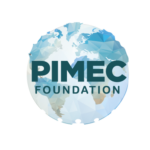Donating is a powerful and meaningful way to help those in need. At PIMEC FOUNDATION, we host donation drives across the U.S. to support underserved communities.
To ensure your contributions are truly helpful, please review this guide on acceptable and unacceptable items.
Acceptable items
✔️ Clothing & Shoes
Gently used or new items for all ages, including:
- Warm coats, sweaters, and jackets
- Everyday clothing (shirts, pants, skirts, dresses)
- Shoes in good condition
- Accessories like scarves, gloves, and hats
✔️ Non-Perishable Food
Nutritious and shelf-stable food items, such as:
- Canned goods (vegetables, fruits, soups, meats)
- Rice, pasta, and grains
- Dried beans and lentils
- Peanut butter and packaged snacks
✔️ Hygiene & Personal Care Products
Essential self-care items, preferably new and unopened:
- Toothpaste, toothbrushes, and floss
- Soap, shampoo, and conditioner
- Deodorant and lotion
- Feminine hygiene products
✔️ Baby & Childcare Items
Helping families with little ones by donating:
- Diapers and wipes
- Baby formula and baby food (unopened)
- Strollers and baby carriers (gently used)
- Children’s books and toys (clean and in working condition)
✔️ Household Essentials
Useful items to support individuals transitioning into stable housing:
- Blankets, sheets, and towels
- Cookware and kitchen utensils
- Small working appliances (toasters, microwaves, coffee makers)
- Cleaning supplies and paper products
✔️ School Supplies & Backpacks
Empower students with necessary learning tools:
- Notebooks, pens, and pencils
- Backpacks and lunch boxes
- Markers, crayons, and art supplies
- Calculators and binders
✔️ Electronics (Functioning & Up-to-Date)
Technology can be life-changing when donated in good condition:
- Laptops, tablets, and smartphones
- Chargers and accessories
- Headphones and speakers
Unacceptable items
⛔ Damaged or Broken Items
- Torn, stained, or overly worn clothing
- Non-functional electronics or appliances
- Furniture with missing parts or structural damage
⛔ Expired or Perishable Food
- Opened or partially consumed food
- Items past their expiration date
- Perishable goods like dairy, meat, or fresh produce
⛔ Used Personal Hygiene Products
- Opened or used hygiene items
- Partially used cosmetics or skincare products
⛔ Mattresses & Large Furniture
- Used mattresses due to health concerns
- Oversized furniture that cannot be easily transported
⛔ Medical Supplies & Prescription Drugs
- Expired or open medication
- Used medical equipment without proper sanitation



